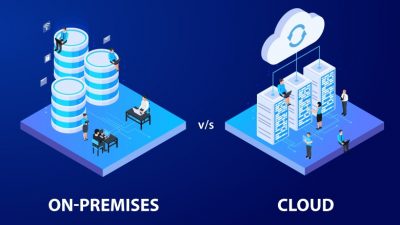Dividends are often sought out by investors who want to gain some passive income even while they are actively investing in stocks. If you’re a beginner and still not familiar with what dividends are, here are some key ideas for you.
Why Companies Pay Dividends
Companies that are capable of earning profits can either pay out that profit to shareholders or reinvest it in the business via expansion, share buybacks, or debt payoffs. When companies choose to pay the profit to the shareholder, the payment is then called dividends.
Dates to Remember
The company’s Board of Directors should first declare and approve the dividends before they are paid to the shareholders. In terms of dividends, you should generally keep track of the following dates:
- Declaration Date – this is the day that the Board of Directors announces its plans to pay a dividend.
- Date of Record – also known as ex-dividend date, this is the day when the stockholders of records are given the entitlement for the upcoming dividend payment.
- Payment Date – this is the date when the shareholders are actually given the dividend payments from the company.
Cash Dividends
Cash dividends are dividends that are paid out of the business’s profits to the shareholders. For companies that have preferred stockholders, those dividends should be paid out first to preferred stock owners before common stockholders are given a single cent.
The preferred stock dividend is normally fixed while the common stock dividend is calculated at the sole discretion of the Board of Directors.
Property Dividend
A property dividend is dividend in the form of properties distributed by the company instead of cash or stock.
Property dividends can be actual railroad cars, gold, silver, house, or any other property with tangible value. They are recorded at market value at the declaration date.
Special One-Time Dividend
Aside from regular dividends, there are times when a company will pay a special one-time dividend. These are uncommon and can be issued for a variety of reasons like a major court win, liquidation, sale of business, or others. These kinds of dividends can be cash, stock, or property.
Stock Dividends
The company can also pay dividends in the form of shares instead of cash. Such stock dividend is a pro-rata distribution of additional shares of a company’s stock to the holders of common stocks.
A company may decide to issue a stock dividend instead of the three mentioned above due to a variety of reasons, including insufficient cash on hand or the goal of lowering the price of the stock on per-share basis to spur more trading activity and increase liquidity. Get Wibest Broker Forex Education and Wibest Forex Brokers List at their site
Dividend Reinvesting Plans
When you enroll in a dividend reinvestment plan, you will no longer receive dividends, at least not in the way it used to be. Rather, the dividends will be used to purchase extra shares of the stock in the company.
The advantages of investing in dividend reinvestment plans include:
- Dividends are automatically reinvested for you. After you have enrolled in the DRIP, the process is wholly automated. You don’t need to monitor it.
- Most dividend reinvestment plans are usually part of the direct stock repurchase plan. If the investor holds at least one of your shares directly, you can have your checking or savings account auto-debited on a regular basis to purchase more shares of a stock.
- Dividend reinvestment plans let you purchase fractional shares.













Comments